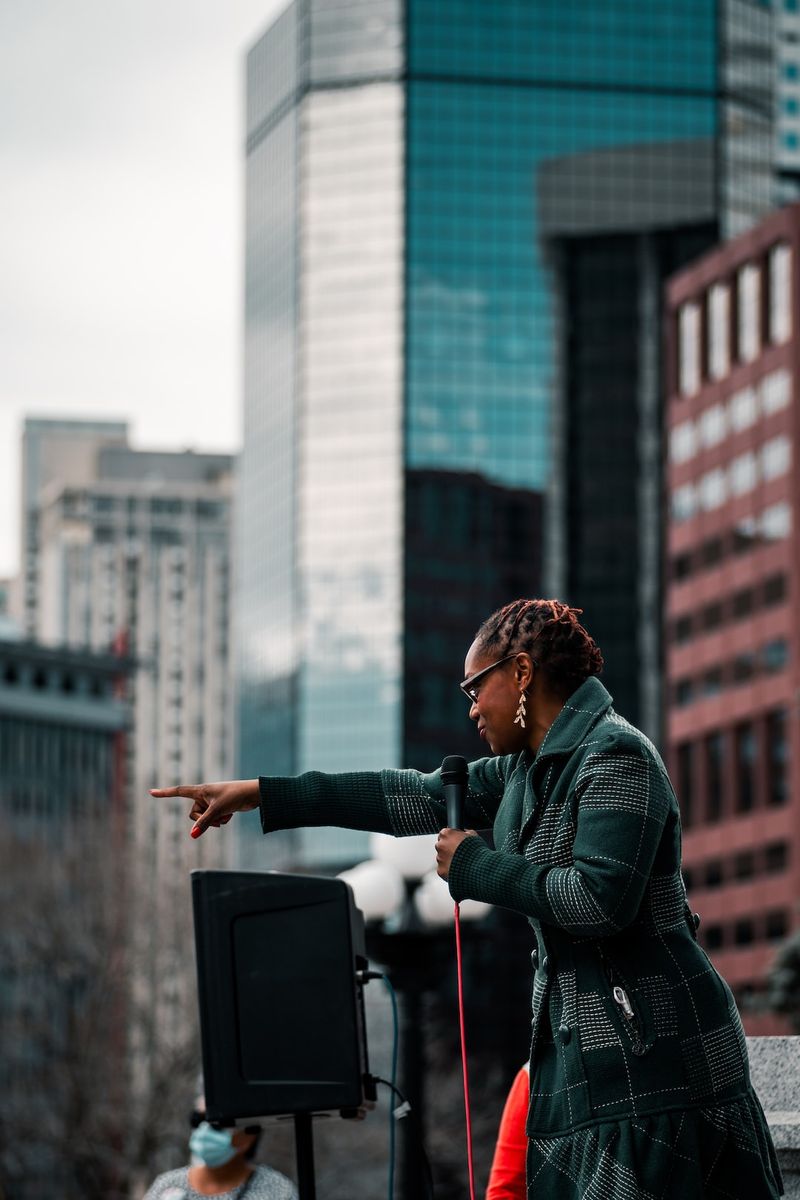The Tension of Politics: Trump‘s Online Interview with Tucker Carlson
A Deep Dive into Political Confrontation
In the realm of politics, tension seems to be the norm rather than the exception. We witness this tension manifest in various forms, from heated debates to confrontational interviews. One such recent episode was President Donald Trump‘s online interview with Tucker Carlson, which caught the attention of many political analysts and commentators.
The Trump-Carlson Interview: A Clash of Perspectives
The interview between President Trump and Tucker Carlson, a conservative political commentator, showcased the inherent clash of perspectives within the realm of American politics. It served as a reminder of the deep divide that exists among citizens and their elected leaders. This particular interview underscored President Trump‘s prominent role as a polarizing figure, fueling both admiration and disdain among the American public.
The discussion between Trump and Carlson revolved around a range of topics, from the president’s handling of the COVID-19 pandemic to the ongoing protests against racial injustice. The interview showcased Trump‘s confrontational style and his unyielding commitment to his own narrative, often dismissing or downplaying criticism. On the other hand, Carlson adopted a more probing approach, challenging some of the president’s claims and seeking clarification on key issues.
The Philosophy of Political Confrontation
Political confrontation is not a new phenomenon; it has been an integral part of democratic societies for centuries. However, the rise of online media has significantly amplified the impact of these confrontations. The public is now privy to every unscripted moment, every heated exchange, and every controversial statement, further deepening the divisions within society.
The Role of Confrontation in Democracy
Confrontation, when used constructively, can be a powerful tool in holding leaders accountable and challenging the status quo. It allows for the robust exchange of ideas, encourages critical thinking, and promotes transparency. However, confrontation can also be counterproductive when it devolves into personal attacks, a mere showcase of power, or a means to propagate misinformation.
The Influence of Technology
The advent of online platforms has certainly provided a broader stage for political confrontation. While it has given a voice to the marginalized and allowed for greater participation in the political process, it has also, paradoxically, facilitated the polarization and echo chamber effect. With the click of a button, individuals can choose to consume only the news and views that align with their existing beliefs, reinforcing preconceived notions and further entrenching divisions.
An Editorial on Political Confrontation
The Need for Constructive Dialogue
In these politically charged times, it is imperative that we foster a culture of constructive dialogue and critical thinking. Political leaders should embrace discourse with an open mind, recognizing that constructive confrontation leads to better decision-making and a healthier democracy. They should be willing to engage with different perspectives and acknowledge their own fallibility. In turn, journalists and interviewers should approach their subjects with rigor, ensuring that they challenge misinformation and seek clarity.
Responsible Consumption of Media
As media consumers, it is crucial that we actively seek out multiple sources of information and remain open to different viewpoints. We must resist the allure of echo chambers and actively engage in critical analysis. By doing so, we can ensure that we are not just passive recipients of information but active participants in the democratic process.
Advice for Political Leaders and Journalists
To political leaders, I offer the advice of engaging in open dialogue with opponents, embracing different perspectives, and considering the long-term impacts of their actions. While political confrontation may bring short-term gains, it often exacerbates polarization and undermines the democratic fabric of our society.
For interviewers and journalists, I urge them to approach their subjects with rigor and professionalism, holding them accountable without resorting to personal attacks. By focusing on the substance of the issues at hand, they can make a meaningful contribution to the public discourse and help bridge the deepening divide.
In Conclusion
The tension witnessed in the online interview between President Trump and Tucker Carlson highlights the importance of constructive dialogue in politics. As citizens, it is our duty to actively engage in critical analysis and responsible consumption of media. By doing so, we can contribute to the preservation of a healthy democracy, one that cherishes robust debate while aiming for unity and understanding.

<< photo by Colin Lloyd >>
The image is for illustrative purposes only and does not depict the actual situation.
You might want to read !
- Breaking Down the Mugshots: Analyzing the 9 Co-Defendants in Trump Georgia Election Interference Scheme
- Mugshots Unveiled: Examining the Co-Defendants in Trump’s Georgia Election Interference Scandal
- The Complex Web of Donald Trump’s Alleged Co-Conspirators: A Closer Look at their Mug Shots
- “Exploring the Full Potential: Unveiling PlayStation Portal – A Game-Changer in Remote Play”
- PlayStation Portal: Redefining Remote Play for Gamers Everywhere
- The Trials of Love: Halle Berry and Olivier Martinez’s Divorce Saga
- A Divided Network: Trump, Tucker Carlson, and the Cracks in Fox News
- Tension Mounts: Trump, Tucker Carlson, and the Fallout within Fox News
- The Silent Alliance: Tucker Carlson and Donald Trump’s Strategic Silence
- “The Rise of Jey Uso: Analyzing WWE SmackDown Results and Grades”
- Hall of Fame Quarterback Criticizes Joe Thomas’ Approach
- The Right to Protest: Greta Thunberg’s Unyielding Activism Met with Legal Consequences




